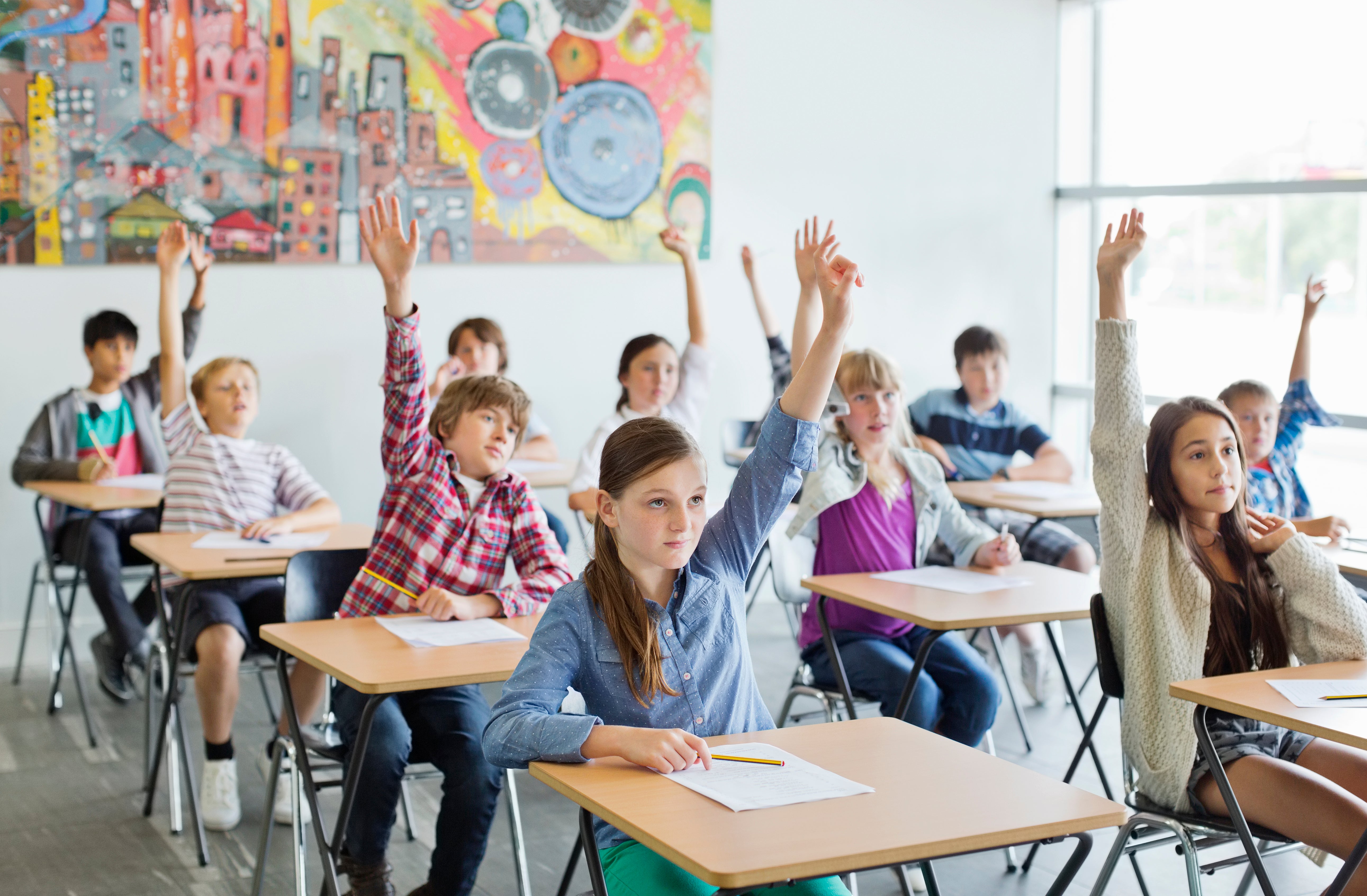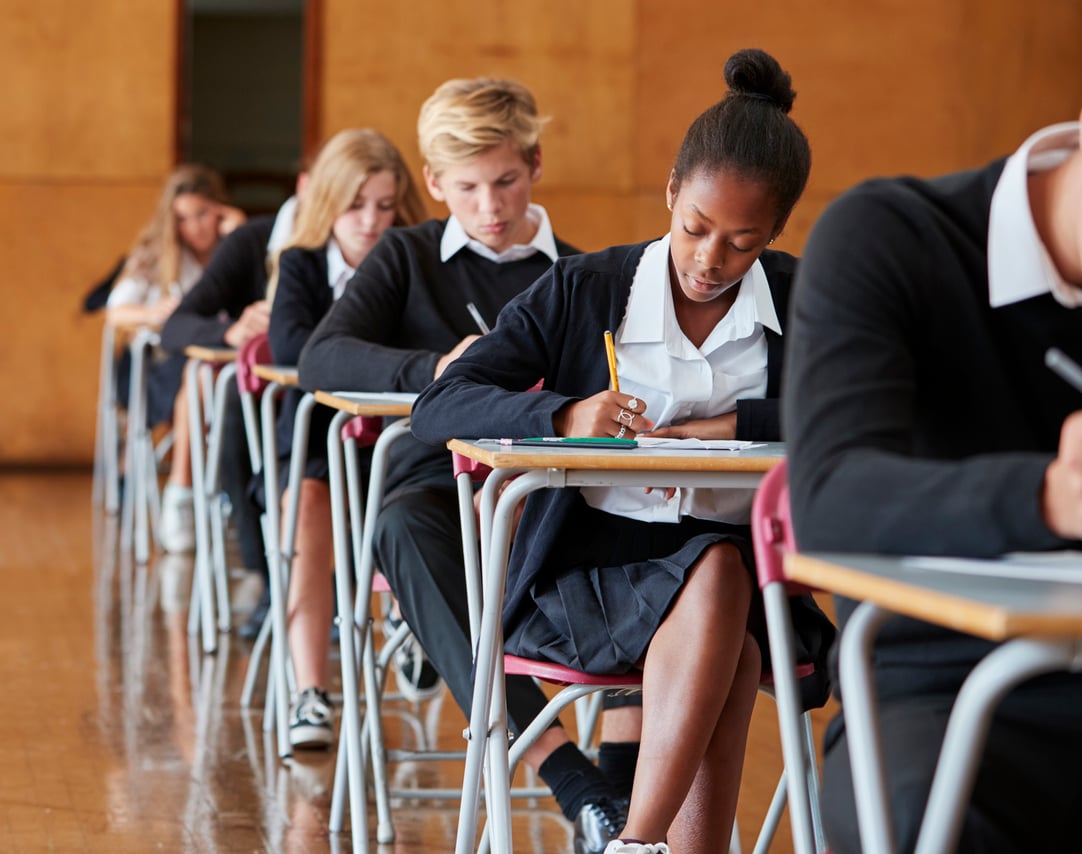Ingenious Solutions to Save Temecula Schools from Budget Plan Cuts
Ingenious Solutions to Save Temecula Schools from Budget Plan Cuts
Blog Article
Comprehending the Importance of Schools in Child Advancement and Neighborhood Growth
Schools work as critical organizations for kid advancement and neighborhood growth, supplying environments where scholastic accomplishments are matched by the cultivation of social abilities and exposure to diverse perspectives. These academic settings not only advertise important reasoning and effective interaction yet additionally foster empathy via collective projects. Colleges' involvement with local neighborhoods via service-learning efforts strengthens the bond in between families and academic institutions. This cooperative connection underscores the significance of schools in supporting energetic citizenship and long-lasting understanding behaviors. What are the particular mechanisms by which these establishments attain such profound impacts?
Academic Achievement
Academic achievement works as a cornerstone of kid advancement, supplying the structure whereupon future learning and success are built. Schools play an essential role in promoting this scholastic growth, using structured settings where kids can get necessary expertise and cognitive skills. Standardized educational program make certain that trainees gain efficiency in core subjects such as mathematics, scientific research, and language arts, which are important for both greater education and expert opportunities.
Along with giving basic academic skills, schools additionally cultivate vital thinking, problem-solving abilities, and intellectual inquisitiveness. These cognitive proficiencies are important for navigating complex real-world scenarios and adapting to the ever-evolving needs of the modern-day work environment. Teachers, as facilitators of discovering, employ varied instructional strategies to provide to different discovering styles, consequently maximizing private trainee potential.
Moreover, scholastic success is carefully connected to self-confidence and motivation. Youngsters who experience academic achievements are more probable to establish a positive self-concept and a lifelong passion for understanding. Schools additionally use different resources, such as collections and innovation, which additionally boost the instructional experience and prepare pupils for a technologically innovative culture.
Social Ability Growth
Beyond academic success, the function of schools in social skill growth is crucial. Schools serve as a key place for children to learn and exercise essential social abilities such as communication, conflict, and cooperation resolution. In the organized environment of a class, students engage with peers, teachers, and various other college personnel, using various chances to create these essential abilities.
Effective social skill growth in schools is helped with via group activities, collaborative tasks, and extracurricular programs. These interactions aid trainees comprehend social norms, develop empathy, and cultivate a sense of neighborhood. As an example, team tasks educate pupils just how to work together towards an usual objective, listen to various viewpoints, and browse disputes constructively.

The growing of social skills during academic year lays a foundation for future personal and specialist connections. Save Temecula Schools. As trainees develop, the capability to successfully team up and connect ends up being increasingly essential, highlighting the college's critical duty in all natural child advancement
Direct Exposure to Diversity
Direct exposure to variety in schools is basic to fostering a comprehensive way of thinking and broadening students' point of views. Schools serve as a microcosm of the broader culture, and running click for more into varied cultures, languages, and socioeconomic backgrounds within this setting gears up students with vital abilities for navigating a significantly globalized world. This exposure motivates compassion, lowers prejudices, and advertises common regard amongst peers.
Study shows that trainees that interact with peers from varied backgrounds display better analytic skills and creative thinking. This understanding of variety prepares pupils for future work environments that value modern competence - Save Temecula Schools.

Area Involvement
The advantages of varied classrooms expand beyond the institution wall surfaces, promoting a strong sense of area involvement among students. By communicating with peers from numerous cultural, socioeconomic, and ethnic backgrounds, trainees acquire a broader viewpoint and an admiration for diversity. This exposure motivates them to become active citizens that want to add favorably to their communities.
Colleges that highlight area engagement often include service-learning tasks, which allow students to attend to real-world troubles while using scholastic abilities. These jobs not only boost pupils' understanding of their coursework but also infuse a feeling of obligation and empathy. Partnerships between schools and local companies supply trainees with possibilities to participate in community occasions, additionally solidifying their function as positive neighborhood members - Save Temecula Schools.
Additionally, parental and area participation in institutions enhances the bond between instructional establishments and the neighborhoods they serve. With these initiatives, colleges play an essential duty in nurturing community interaction and this promoting social development.
Lifelong Discovering Routines
Developing lifelong knowing practices is crucial for a kid's continuous development and versatility in an ever-changing world. Colleges play a critical function in instilling these habits by creating an atmosphere that fosters inquisitiveness, essential reasoning, and a love for understanding. Through diverse curricula and extracurricular tasks, teachers motivate students to explore different subjects, assess info seriously, and apply their discovering to real-world circumstances.

Additionally, schools supply a structured atmosphere where youngsters can create self-control and time monitoring abilities, both of which are vital for continuous understanding. By highlighting the relevance of establishing goals, assessing progression, and adjusting methods, schools prepare students to navigate the complexities of adult life, ensuring they remain long-lasting learners and contributors to society.
Final Thought
In conclusion, schools are necessary in promoting youngster growth and community growth by giving settings helpful to academic accomplishment, social ability development, and exposure to variety. Ultimately, schools grow lifelong knowing routines, outfitting people with the needed understanding and skills to add favorably to society.
In the organized environment of a class, trainees engage with peers, instructors, and various other school staff, using various chances to create these essential capacities.
In significance, direct exposure to diversity within colleges not only improves specific pupils yet likewise strengthens the social material of the neighborhood as a whole.
The advantages of varied class prolong beyond the school walls, promoting a strong sense of neighborhood engagement among students.Institutions that stress community interaction frequently include service-learning projects, which permit students to attend to real-world problems while applying scholastic abilities. Collaborations in between institutions and local organizations offer trainees with opportunities to get involved in area events, further solidifying their function as positive neighborhood participants.
Report this page